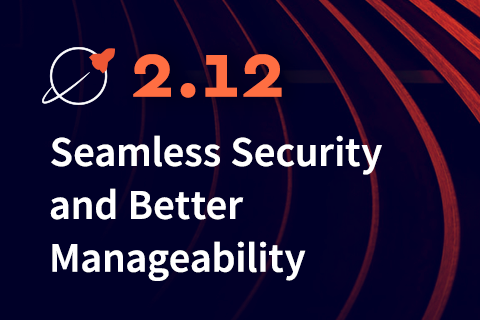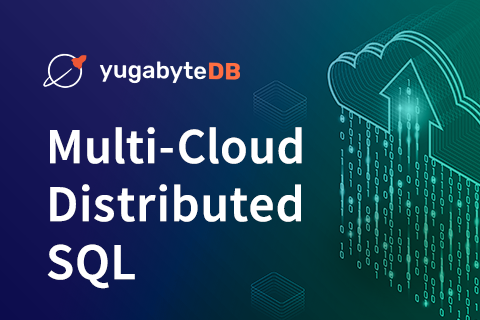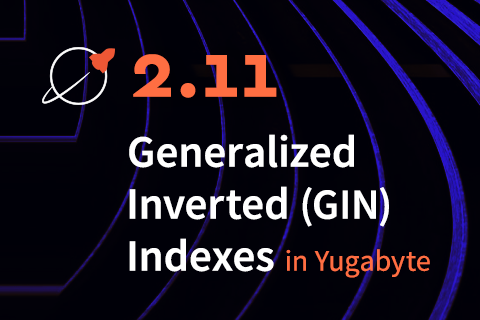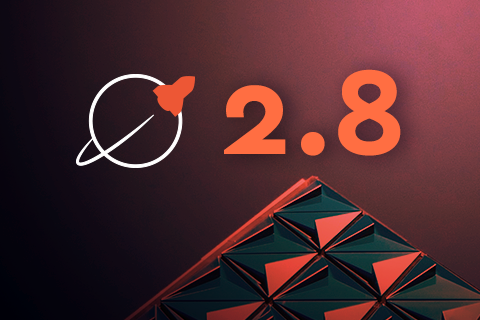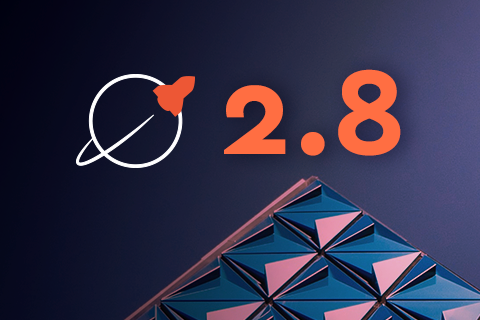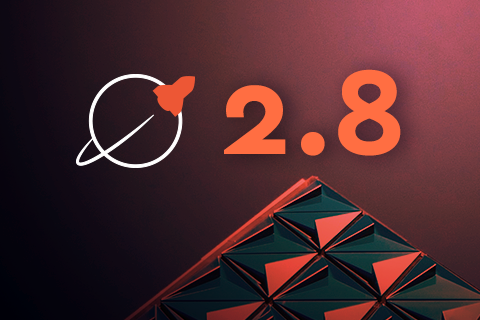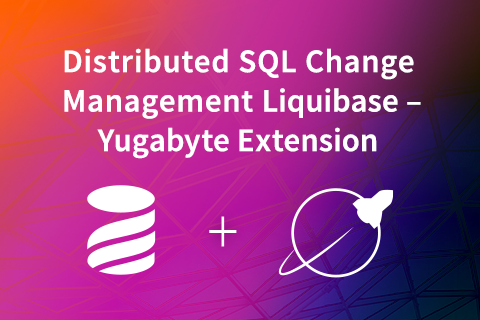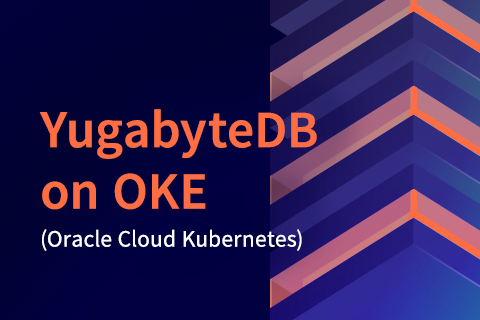Announcing YugabyteDB 2.12: Seamless Security and Better Manageability
Last November, we announced the general availability of YugabyteDB 2.11, a major release which extends PostgreSQL compatibility of the open source distributed SQL database. All these features are readily available in this stable release for any production environment.
In addition to making these features GA, YugabyteDB 2.12 introduces several new capabilities and significant improvements towards seamless security and better manageability.
Seamless security
Building customer trust is a top priority at Yugabyte.
…
